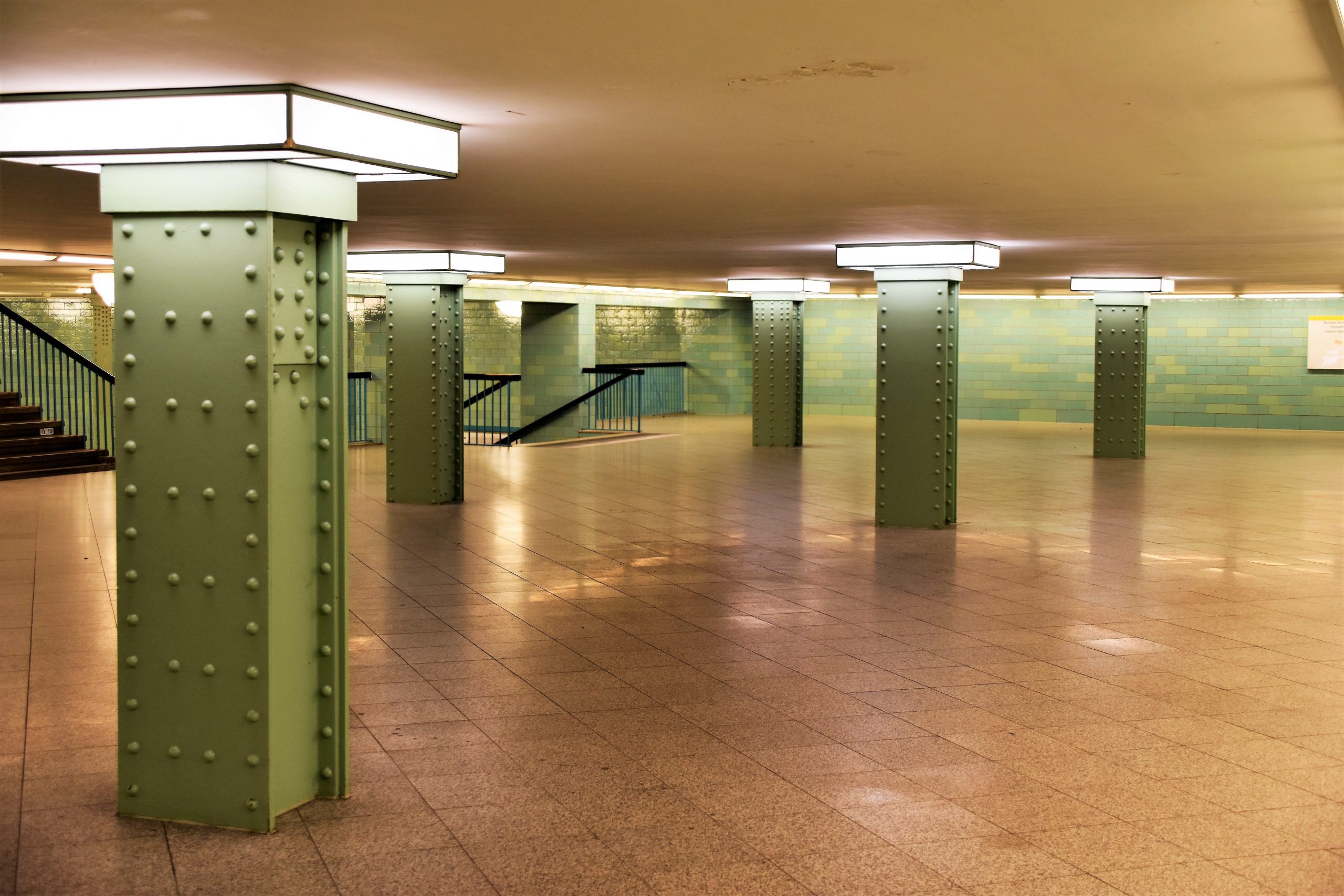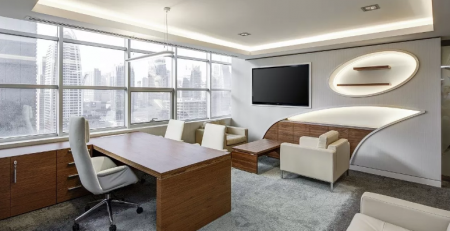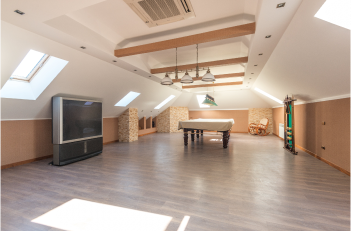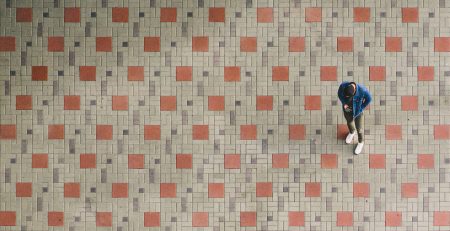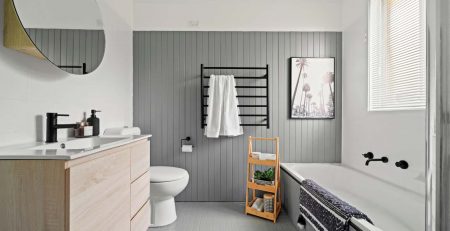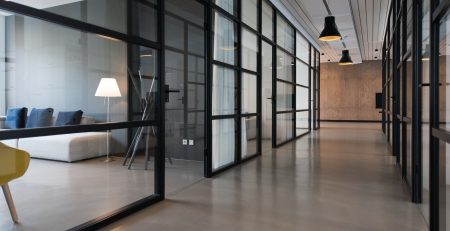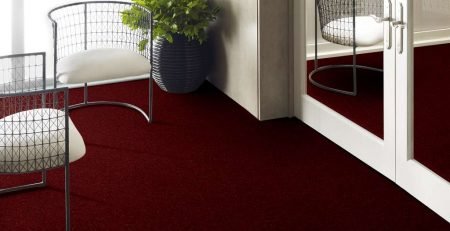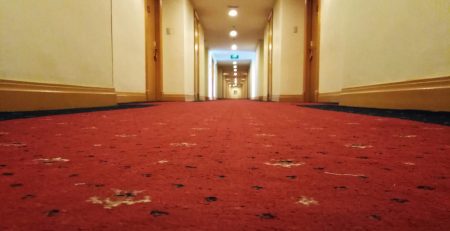Transform your basement floors
In a perfect world, you can transform your basement by installing new floors of any type. But unlike superior rooms in houses, basements are often prone to latent moisture, true mold factories.
For many homeowners, the basement is not just intended for storage, which is a great option if you actually want to make some changes. The basement can be the family room, game room, gym, so it has become a space that also deserves attention when it comes to design, just like the rest of the home.
It can be challenging to transform your Basement
The challenge with transforming your basement is that these are rooms below grade; known as subfloors is that they are subject to environmental concerns such as humidity, which can damage certain types of floors. Since basements are the lowest point in the home, they are the collection point for flooding from dishwashers, water heaters, water supply pipes, and clothes washers.
Even if the subfloor appears to be dry, you just have to give it time, because it can emit enough humidity to ruin the floor covering. Humidity is the deciding factor in basement flooring. The basement floor must adapt to these conditions.
But first, let’s see what options do we have for basement flooring?
The most important thing when starting any transformation in your basement is to make a good inspection of its conditions, observe if it presents any type of humidity or construction problem, to work on that in time, before starting the renovation process.
Whether you are installing your basement floors for the first time, or you want to change your style with a new design for flooring, We offer a huge variety of flooring options in different levels and styles.
The only one of the flooring types that we do not recommend in basements is hardwood because of its properties; it can be vulnerable to damage.
Basement Flooring recommendation’s from Philadelphia Flooring Solutions Store
Vinyl flooring is best as an attractive, it is a 100% waterproof basement covering that we can easily install for you. Our vinyl flooring meets the midpoint of the requirements for basement flooring. It is easy to clean, in case of a flood. And, in the form of luxury vinyl, it is attractive enough to create a new space.
Ceramic tile or vinyl also works well in very humid basements for a damp basement. Inorganic materials should be used as your basement floor if you expect leaks or humidity. Glazed tiles (ceramic or porcelain stone) qualify as waterproof. Ceramic tile works best because water cannot infiltrate under the tile.
For the normal type of humidity: normal would be defined as a humidity level controllable by a dehumidifier and soil moisture that can be blocked with a waterproof subfloor.
Tile and laminate flooring can be used in basements with normal floor and atmospheric humidity.
And about carpet flooring in basements we would not recommend it, but generally, if you still want to install it the best to choose hard surface flooring that will dry quickly.
The types of carpet that we recommend the most for basement floors should be adapted to what you are going to do: it can be short hair carpet, cinema style. It absorbs sound and is easy to dry.
Also, gym flooring is made to prevent bumps and scrapes and, these are easy to clean.
Remember that the basement is a convenient replacement space to turn into what you want for your home: a family gathering place, an additional bedroom, and even a bar. Whether you’re looking to finish it off entirely or you just want a simple change, there are a variety of materials to choose from to help you finish your look.
Visit our products page if you want to check our materials, or visit our showroom to schedule the installation.

